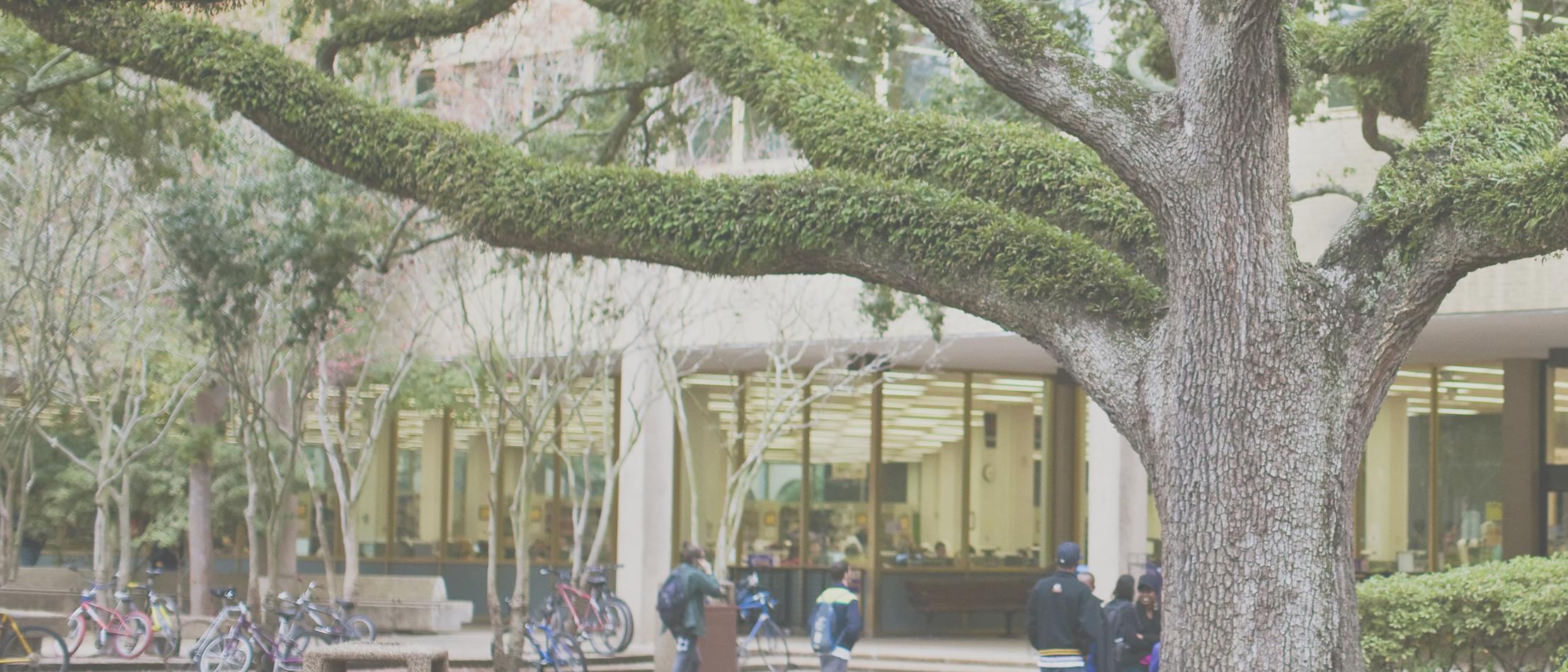Welcome to LSU Libraries
LSU Library accepts cash and TigerCash at the checkout desk. You can also pay online with a credit card by logging in to your library account. Students who are continuing their enrollment in a subsequent semester can wait until the beginning of that semester and pay the fine when they pay their fee bill.
LSU Libraries | Library Catalog Account
Answered by: Access Services Staff
There are three different ways you can renew your LSU Library books:
- In-person: Bring your items to the checkout desk in room 241 of LSU Library. Be sure to bring your TigerCard or public patron ID.
- Online: Log into your online library account (link below) and select the "Checkouts" tab.
- Self-checkout: Renew your items using the self-checkout station in room 141 of LSU Library. Be sure to bring your TigerCard or public patron ID.
Please contact the Circulation department with additional questions or concerns: libcirc@lsu.edu (mailto:libcirc@lsu.edu) .
LSU Libraries | Library Catalog Account
Answered by: Access Services Staff
Yes, there is a way to search multiple databases at one time. Generally, we recommend doing a search on the library's homepage (https://www.lib.lsu.edu/) using the Discovery search box when just starting out with your research or class assignment. It functions like a Google search in that it searches across many of our databases and the library catalog. Finally, if you prefer to meet with a research librarian who can give you a much deeper dive into searching and using our resources, you can set up an appointment with one. Here (https://www.lib.lsu.edu/staff?field_staff_type=2&search_api_staff=&fiel…) is a list of our research librarians organized by their subject areas. We especially recommend that faculty and graduate students contact their subject specialists when working on major research projects.
Answered by: Electronic Resources
Recent fines accrued by LSU Library patrons will appear on their library account. You can see any current fines by logging into your library catalog account using the link below. We accept cash, check, and TigerCash payments at the checkout desk in room 241 LSU Library. Please use your library catalog account to pay using a bank or credit card. Fines applied to student accounts will roll from the library to the bursar at the end of the month, at which point they will be applied to the student's fee bill. If you have questions about library fines, please email us at libcirc@lsu.edu (mailto:libcirc@lsu.edu) so that we can investigate. Note: Fines applied to public patron accounts must be paid in order for patrons to renew items or check out new materials.
LSU Libraries | Library Catalog Account
Answered by: Access Services Staff
Study rooms are outfitted with a large display screen, which have HDMI and USB-C connectors that allow patrons to connect their personal devices. Screens in student meeting rooms are also connected to a PC. The checkout desk in room 241 circulates study room kits that include a remote for the display screens and a keyboard and mouse for the PCs. Please report any missing or damaged equipment to the checkout desk.
Related: Does the library loan AV equipment, PC's, laptops, etc.?
Answered by: Access Services Staff
Check out the LSU Libraries Citing Government Documents Resource Guide (https://guides.lib.lsu.edu/c.php?g=1363084) for information and examples on how to cite government sources! For additional help, contact our Government Publications Librarians at libgovdocs@lsu.edu or schedule an appointment with them at the link here (https://lsu.libcal.com/appointments) .
Answered by: Kendall Caple





